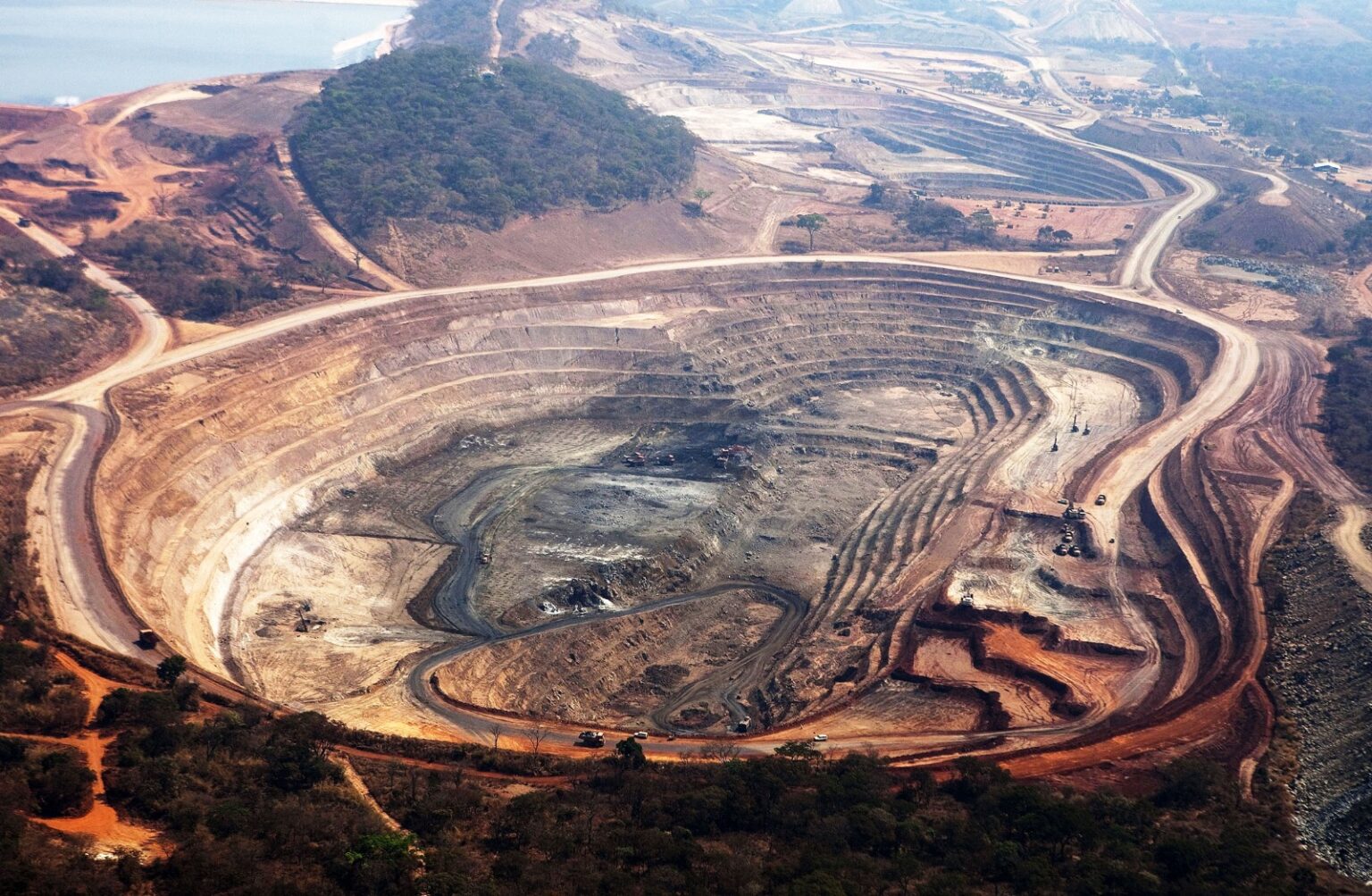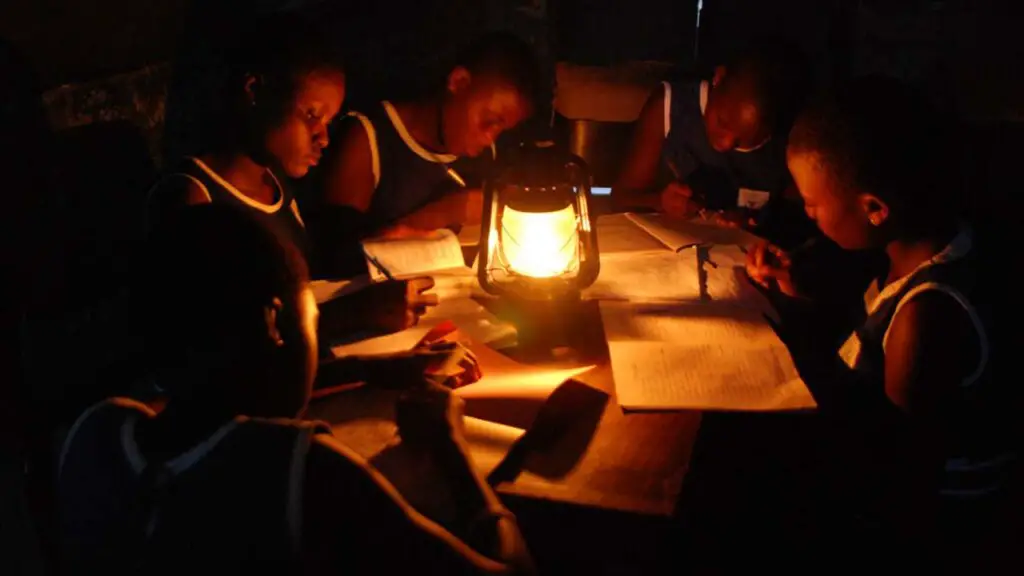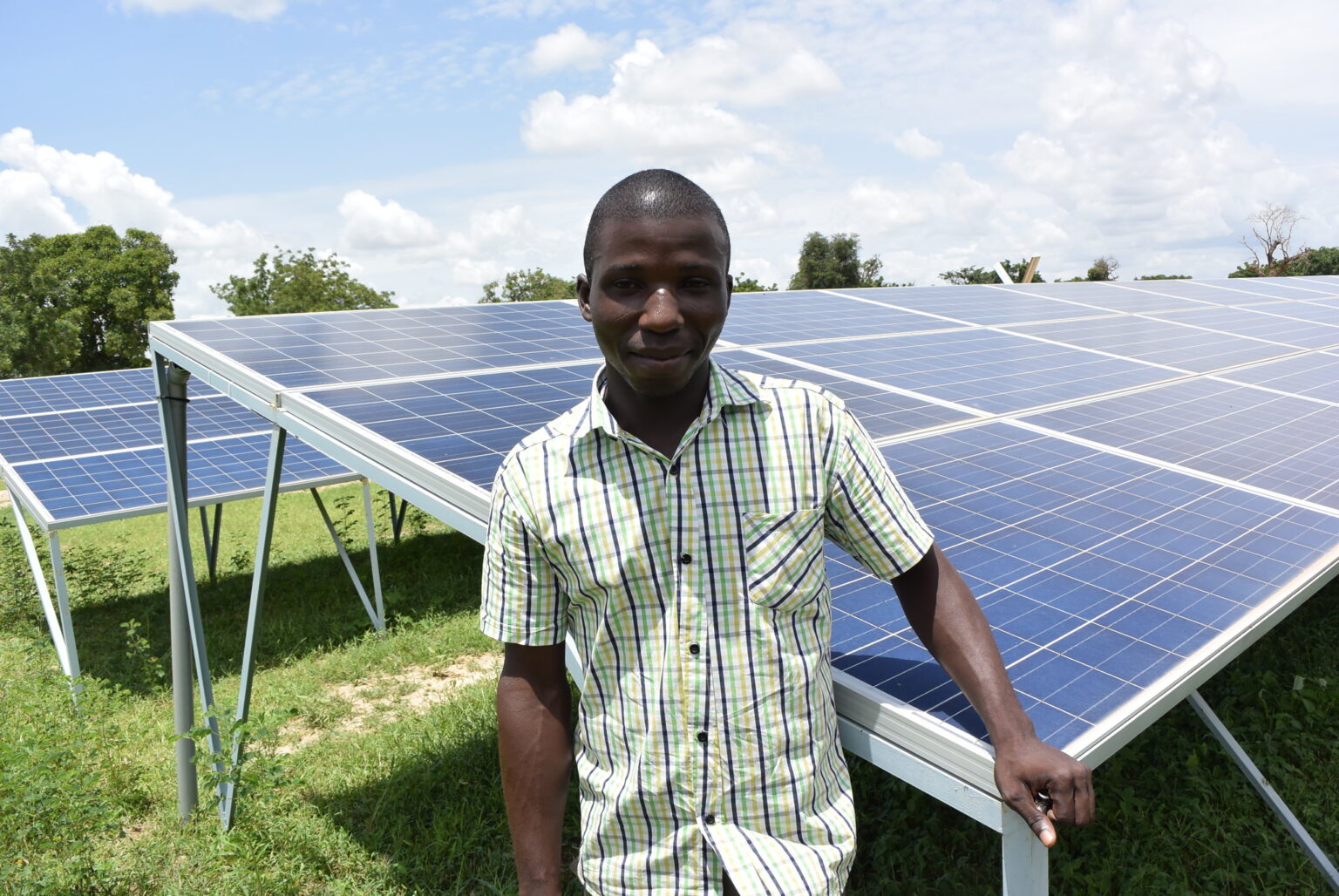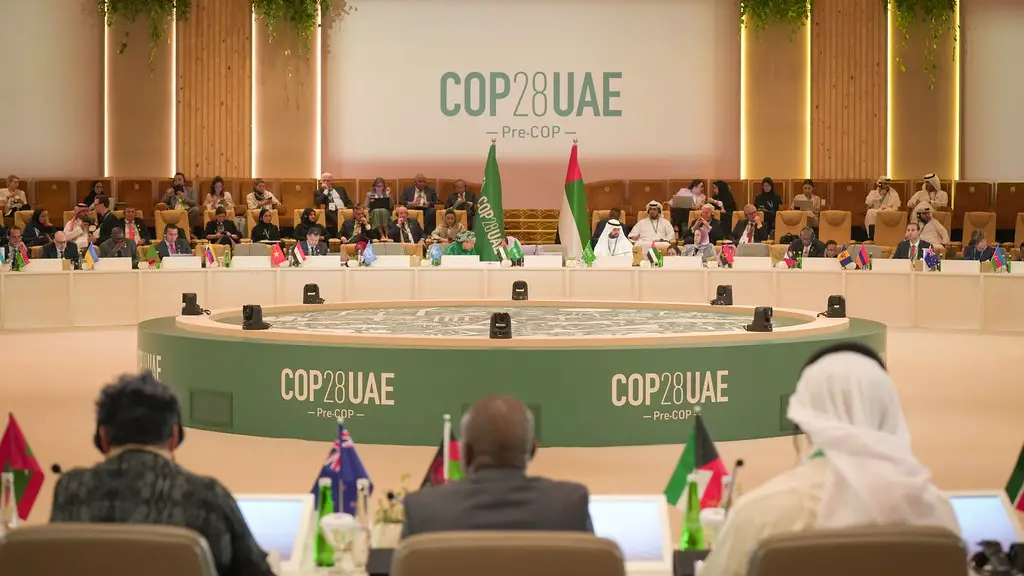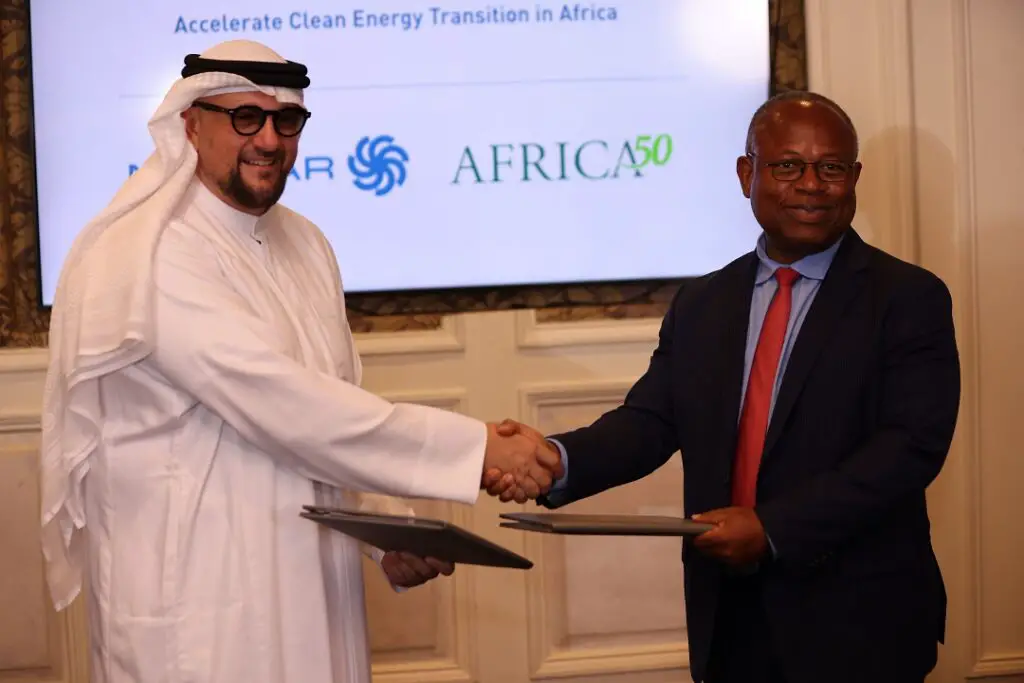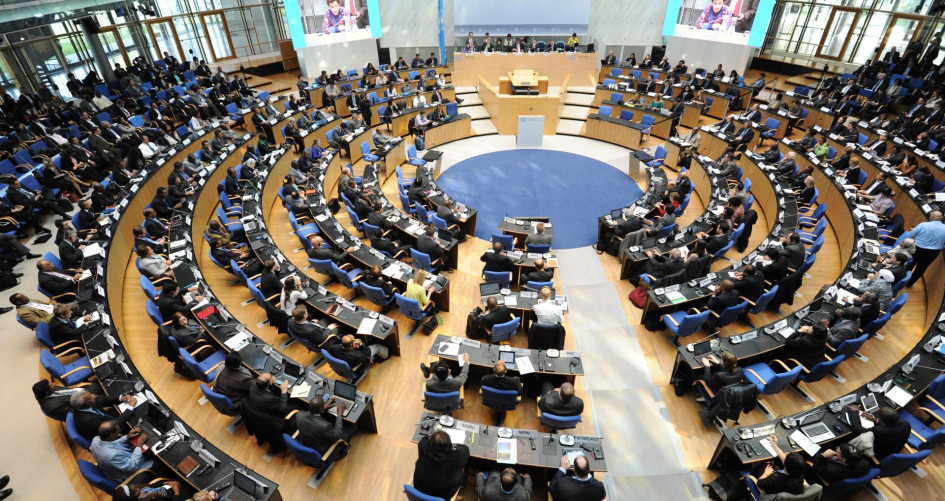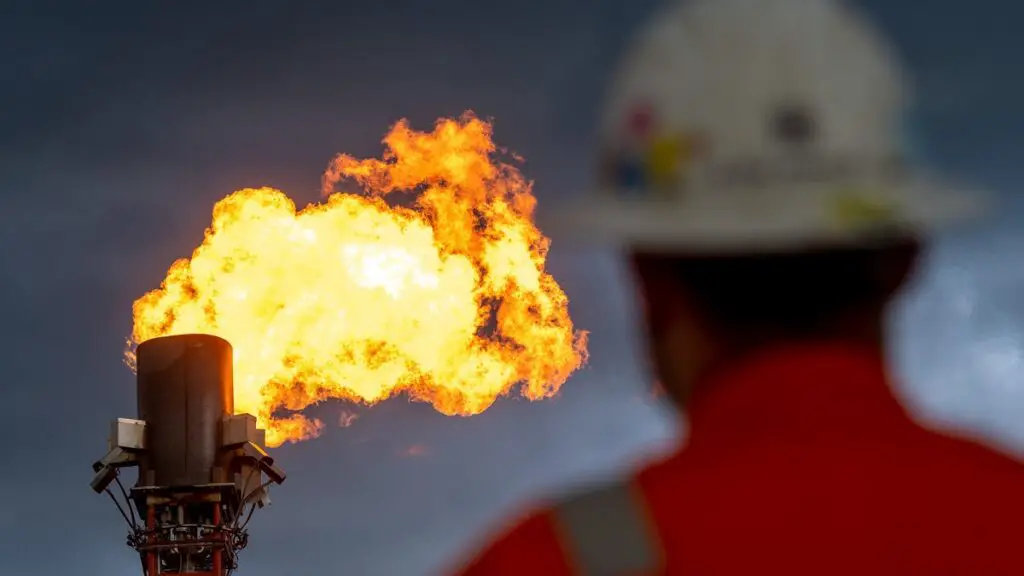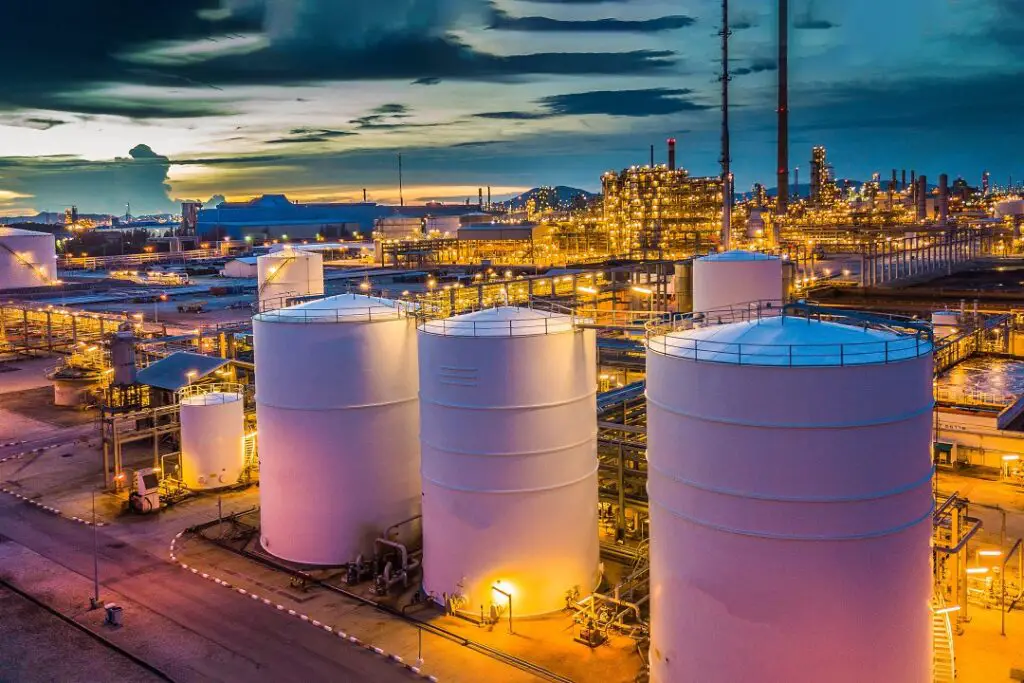- Kenya-Ethiopia Trade Relations: Legislators Advocate for Policy Alignment to Boost Ties
- Visualising the state of debt in Africa 2024
- Abu Dhabi radiates optimism as over 300 startups join AIM Congress 2024
- TLcom Capital Raises $154 million in Funding to Boost Its African Growth
- Africa’s $824Bn debt, resource-backed opaque loans slowing growth — AfDB
- LB Investment brings $1.2 trillion portfolio display to AIM Congress spotlight
- AmCham Summit kicks off, setting course for robust future of US-East Africa trade ties
- Why the UN is raising the red flag on the UK-Rwanda asylum treaty
Author: Opinion
- Africa holds more than half of the world’s reserves of cobalt, 46% of its manganese, and 21% of its graphite, all used in EV batteries, and about a quarter of its bauxite, which is required for solar photovoltaic technologies.
- For decades, Africa has allowed her raw materials, including oil and natural gas, to be exported raw, without a chance to benefit from the finished product.
- As a result, we’ve missed out on the job creation, industrialization, and economic diversification.
To meet their green agendas, the European Union, US, and China are engaged in the modern-day equivalent of a gold rush. This time, though, fortune seekers aren’t panning for shiny nuggets in Canada, America, or Australia. Instead, all eyes are on the critical minerals of Africa—cobalt, graphite, lithium, and others—raw materials essential to the production of clean technology, including electric vehicles (EV).
To say that Africa is generously endowed in this …
- African countries have every right to set the timing for their energy transition.
- Africa still needs time–time that the Western world has already had and, frankly continues to milk–to resolve energy poverty and industrialize.
- The continent’s oil and gas production, when managed strategically, provides a pathway for economic growth, energy transition and security.
About a year ago, before COP27 began in Egypt, Fiona Harvey and Matthew Taylor wrote in an opinion piece for The Guardian that it was time for gas exploration in Africa to stop.
“Africa must embrace renewable energy, and forgo exploration of its potentially lucrative gas deposits to stave off climate disaster and bring access to clean energy to the hundreds of millions who lack it, leading experts on the continent have said,” they wrote.
This is hardly new. For several years now, wealthy nations and environmental organizations have been strong-arming African countries to leave their petroleum …
- Asking developing nations to ignore natural gas in the energy transition plan is essentially requesting that they ignore half their power capacity.
- Currently, far too many people in Africa can’t buy milk from a refrigerated grocery aisle, do schoolwork after sunset, or get an X-ray at their local hospital.
- Many Western states supplement their grids with wind or solar but ultimately rely on natural gas, oil, or coal.
Western leaders often urge African nations to make a rapid transition from fossil fuels to renewable energy sources. They seem to think that African nations can switch to renewable power sources fairly easily if a good energy infrastructure is already in place.
But this is not the case in Africa, where roughly half of the population lacks access to electricity. Far too many of our people can’t buy milk from a refrigerated grocery aisle, do schoolwork after sunset, or get an X-ray …
- The 2009 Copenhagen Accord was not a binding promise but set up a durable framework for future talks.
- One of these solutions is for African countries to use crude oil, natural gas, and other hydrocarbons to develop their resources and use the revenues to finance energy transition.
- In the process, they should also seek to meet several other complementary goals, such as building gas-fired plants that can provide cleaner power than existing coal.
From an African perspective, one of the most important things to come out of COP15, the 2009 United Nations Climate Change Conference in Copenhagen, was the formal recognition of the fact that lower-income countries were not in a position to bear as much of the cost of the energy transition as their higher-income counterparts.
That recognition was spelt out in the section of the Copenhagen Accord that included a pledge from the world’s highly developed states to …
- The Russian invasion of Ukraine has proved highly disruptive to world energy markets.
- There is still a distance between Africa and the rest of the world in terms of what the continent can do to establish closer ties to energy markets in Europe and elsewhere.
- Now is the time to offer tax incentives, fast-track projects, show more transparency in processes, and do everything possible to minimize investor risk.
It’s undeniable that the Russian invasion of Ukraine proved highly disruptive to world energy markets. This geopolitical clash led to the imposition of Western sanctions on the export of Russian oil and fuel and the imposition of a price cap on Russian crude by the G7 group.
It also led to the redirection of world oil trade flows. Asian countries such as China and India, for example, began absorbing considerably more Russian oil and fuel than they had done previously, and many …
- The promises made to uplift Africa and its people have failed to provide equitable justice. The trend continues.
- While Africa can play a pivotal role in the global fight against climate change, it should not come at the cost of its own economic development.
- Every climate finance dollar flowing into the continent must find its way into sustainable measures of mitigation and adaptation.
At Africa Climate Week, the resounding call of a child echoed through the packed hall, stating, “We will hold you to your promises.” This declaration not only reflected the sentiment of the child but also resonated with the aspirations of the entire continent.
As civilisation thrived, the continent went from being the cradle of civilization to the dump yard of urbanization. The promises made to uplift Africa and its people have failed to provide equitable justice. The trend continues.
Africa Climate Summit 2023
The promises made to …
Africa’s oil and gas industry looks flat in the final quarter of 2023. That is, as AEC details in its newly released 2024 African Energy Outlook, capital expenditure (CAPEX) on upstream projects is still rising, but it is on a relatively slow upward trajectory — and it is moving up more slowly than we had predicted last year because of changes in the timeline of certain African upstream projects.…
The Conference of the Parties (COP) to the United Nations Framework Convention on Climate Change (UNFCCC) represents an important international forum for countries to discuss and address global climate change issues. However, these conferences have tended to be high-level and process-based, and COP 27 was no exception. – negotiations took place, and some of the highlights included the historic establishment of the loss and damage fund, which was seen as setting a precedent for climate justice.
However, agreements on other matters, such as phasing out fossil fuels and setting emission peak periods, were not achieved. For African countries, COP 28 marks an important pivot point around funding, just transition, and the Nairobi Declaration. There will be a push for realisations on commitments made and innovative funding mechanisms to drive accelerated climate action now and beyond.…
There are formidable challenges faced by the oil and gas industry across Africa, the Middle East and Asia (AMEA) regions, but perhaps the most pressing is the need for environmentally sustainable power solutions.
Currently, flaring poses a significant threat to the sector across its environmental impact and the cost to the company. Around 139 billion cubic metres (bcm) of natural gas are flared annually, releasing carbon dioxide (CO2), methane and black soot that affect climate change and human health. It also directly influences the sector’s ability to achieve Net Zero and the transformative target of eliminating non-emergency flaring by 2030.…
- The African Energy Chamber predicts that oil markets in 2024 will stay balanced and somewhat flat, with only marginal growth.
- Aviation-driven liquids product demand—primarily from the US and Asia—likely will comprise over 50% of global demand during the next 18 months.
- Another key driver will be industrial demand, particularly from the petrochemical sector in the Middle East, Asia, and the US, along with power generation projects.
Six months after the World Health Organization (WHO) declared COVID-19 is no longer a health emergency, it’s still difficult to fully grasp the far-reaching damage the pandemic has inflicted, from the tremendous toll on lives to economic devastation.
The chaos certainly was felt in the oil industry, which saw record distortions during the pandemic era, especially during its first few months.
As David Gaffen wrote for Reuters in February 2022, “Like much else during the pandemic, what was happening in fuel markets was unprecedented. …





